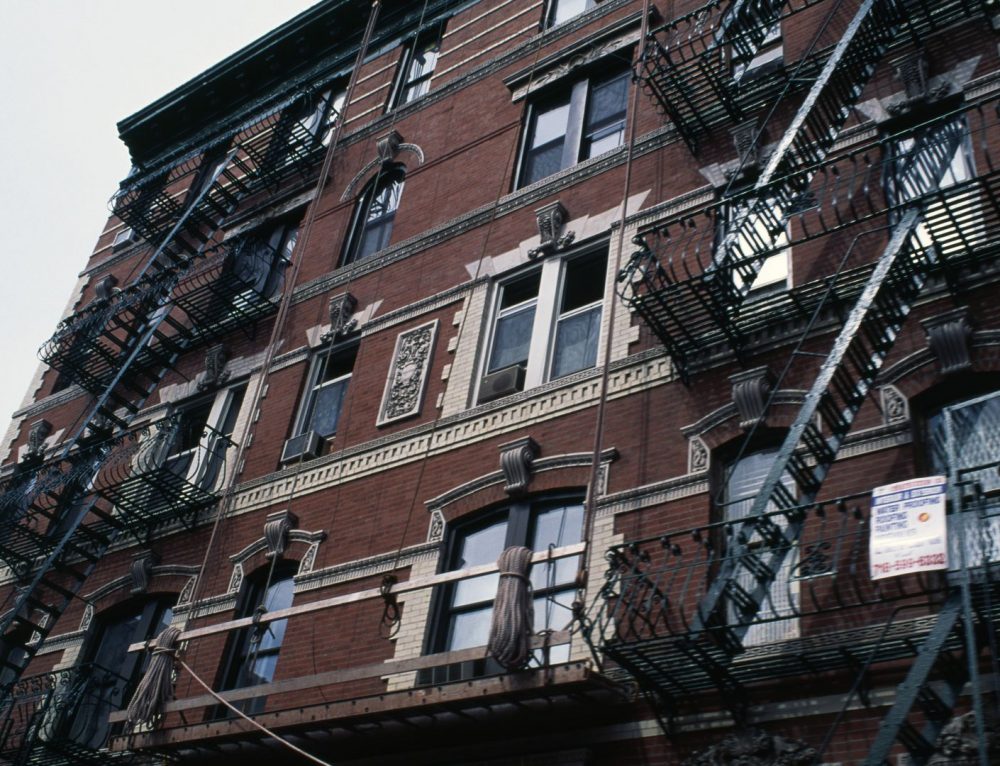The number of Americans able to make their April rent dropped way off from March.
According to the National Multifamily Housing Council and a group of real estate data providers, the number of Americans able to make their April rent dropped way off from March.
The data reveals that only 69% of tenants had the cash to pay even a portion of their rent during the first week of April. This time last year, approximately 82% of apartment renters made their payments, even if partially. (Last month, 81% of tenants paid rent.)
According to Vice, the data, which will be updated regularly, doesn’t include single-family homes, which make up more than half of the nation’s housing stock, and housing that’s subsidized by the government.
What’s…going to happen?
According to an extract of a Morning Brew Newsletter, local and state governments across the country have enacted eviction moratoriums to keep people in their homes—for example, in March, Andrew Cuomo, Governor of New York, suspended evictions for 90 days. But this economic crisis will last longer than those moratoriums, so some officials predict a “tidal wave” of evictions in a few months unless they act.
While most of those Americans were protected from evictions during the month of April — there are widespread moratoriums and legal orders blocking the process necessary to kick someone out — that missed rent will have to be paid eventually, unless legal action is taken to protect tenants or more cash is provided by the government to keep people afloat, Vice reports.
There’s been some action:
- The $2.2 trillion rescue package from the federal government expands unemployment coverage and gives most Americans a one-time direct payment. That aid should help, though it’s not directly tied to the housing market.
- One NYC landlord became a folk hero when he waived April rent for his 200 tenants.
- Some tenants are engaging in rent strikes because they want to see rent entirely canceled, rather than postponed, recognizing that their economic fallout is likely to extend long after the pandemic.
But those stopgap measures aren’t enough on their own, especially because the real estate market has more moving parts than Westworld. As Bloomberg’s Brian Chappatta writes, if tenants can’t afford to pay rent then property owners may default on mortgage payments. “That could bring the problem squarely onto the balance sheets of large U.S. banks.”












